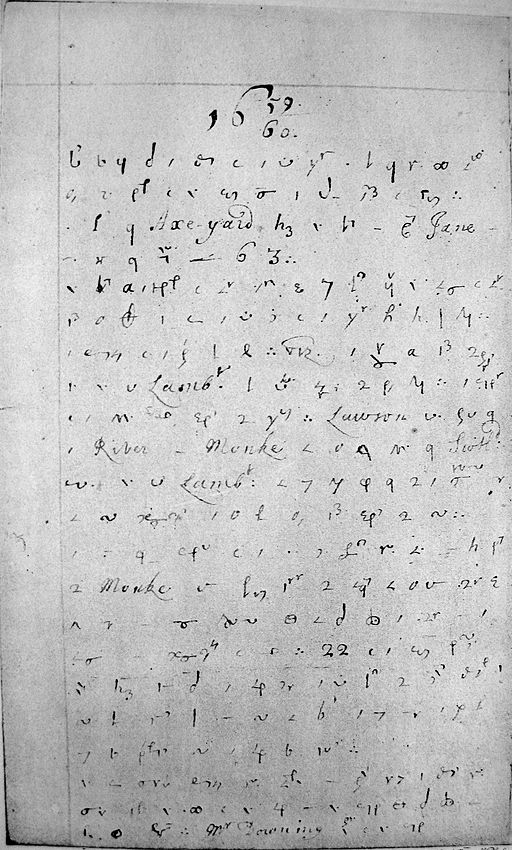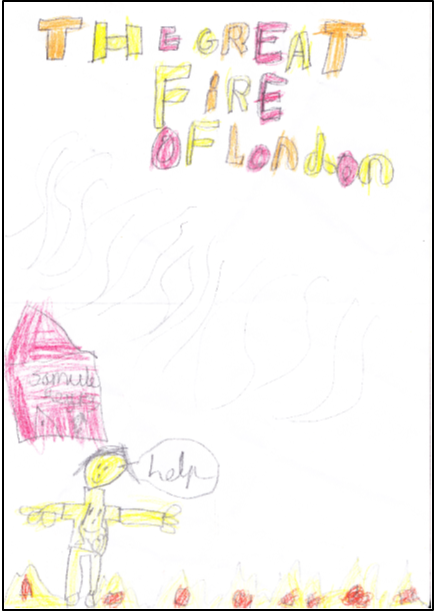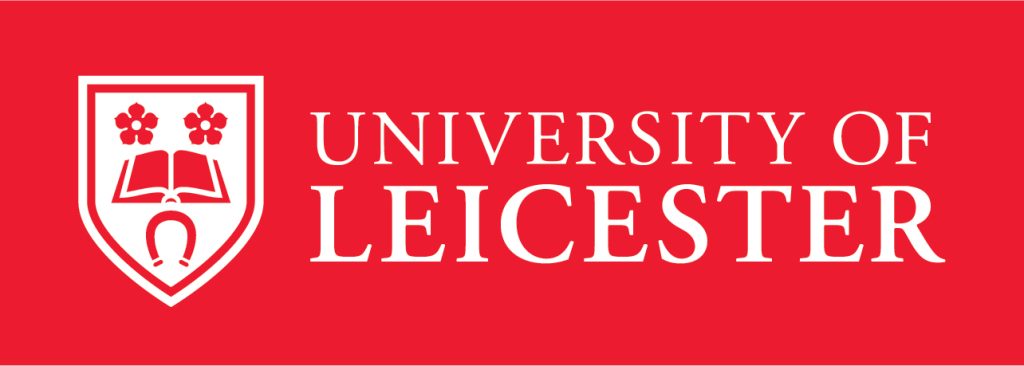Starting in spring 2022, this project ‘Reimagining the Restoration: Samuel Pepys’s Diary and popular history for the 21st Century’ investigates the origins of the diary and its reception in the 200 years since its first publication.
Samuel Pepys kept his secret diary between 1660 and 1669. There in great detail he documented events such as the Restoration of Charles II, the plague, and the Great Fire of London. Just as valuably he wrote about his private life and about the daily experiences of other Londoners, whose lives otherwise often went unrecorded.
Before his death in 1703, Pepys arranged for his diary to be preserved as part of his library, which he left to Magdalene College in Cambridge.

As the diary was written in shorthand to hide it from prying eyes, it was not until 1825 that it was first published. It has become perhaps the most famous diary in English, deeply influencing the ways we think about the later seventeenth century.
The diary has inspired novels, plays, a landmark TV series, and a hit single by the comedian Benny Hill. Today, six and seven-year-olds across England learn about Pepys and the Great Fire as part of the National Curriculum.

The project aims to understand the diary’s roles in our culture and to influence those roles in future. To these ends, a collaboration with the Museum of London has produced new teaching resources on the Great Fire and on seventeenth-century Deaf history (for Pepys’s diary contains one of the first detailed accounts of English sign-language users in action).
The project has run online creative writing workshops to examine how the diary and related sources can inspire innovative historical fiction. Finally, a book will trace the story of the origins, publication, and reception of Pepys’s diary.
The Principal Investigator is Prof. Kate Loveman at the University of Leicester (pepyshistory@le.ac.uk). The project was funded by the Arts and Humanities Research Council between February 2022 and August 2023.

